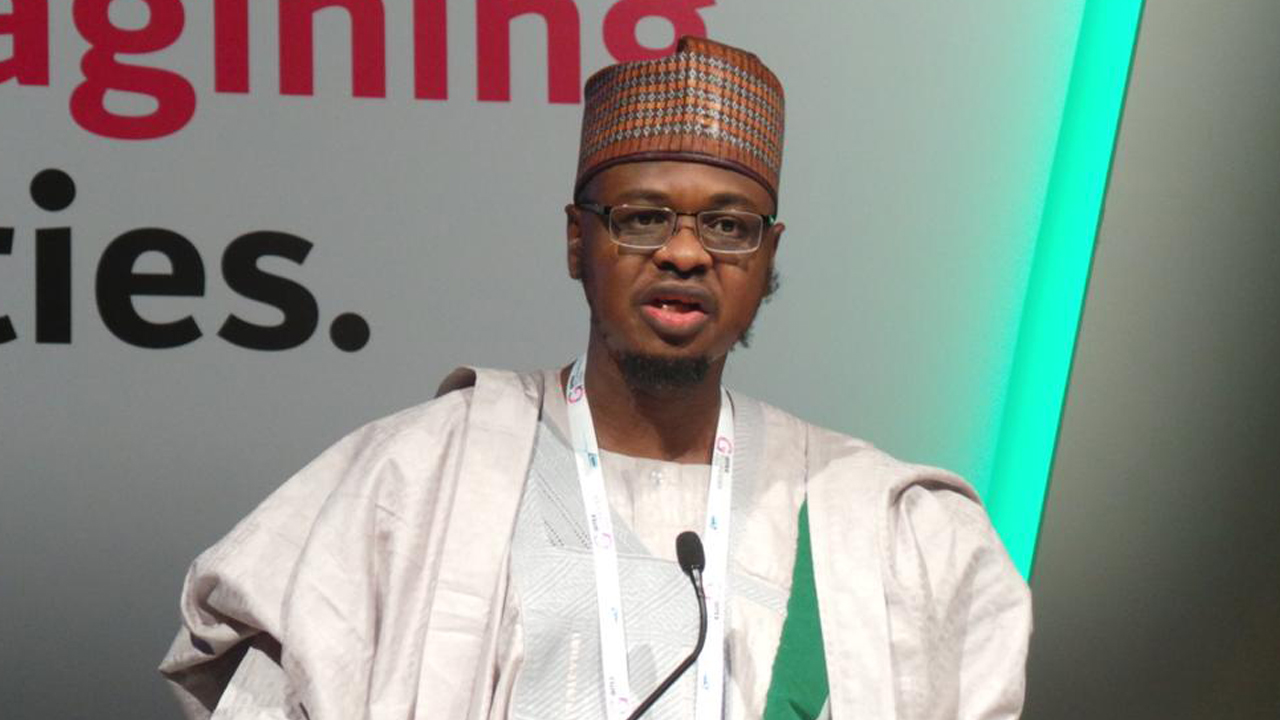
Dr. Isa Ali Ibrahim Pantami, director general, National Information Technology Development Agency (NITDA), speaking at a recent stakeholders’ roundtable on indigenous software decried lack of development of the ecosystem which demands new approach.
“The purpose of our learning and knowledge is to solve our problems and to build a commonwealth for all. As professionals we must develop a plan of action and a roadmap to mitigate systemic risk, while we accelerate our own indigenously-developed solutions to meet global standards. We must find resolutions that are useful and implementable within the shortest possible time. We are headed for disaster if we continue on this path,” he said.
Okeke Christopher, director zonal offices directorate, NITDA, admitted that currently there is near absence and/or lack of relationship between software investment in Research &Development and revenue on adoption of finished product.
“It is with this spirit that the proposed indigenous software adoption needs to be thoroughly discussed with all relevant stakeholders so that the old narration can be changed to a befitting one,” he said.
Dr. Yele Okeremi, president, Institute of Software Practitioners of Nigeria (ISPON), said that there is need to use indigenous solution to achieve global standard.
He said that NITDA should be a catalyst for IT development and not a bond and that its impact has to be measured through how many successful technological firms have spring up instead of how many regulations.
“NITDA should be seen as encouraging local players to be able to achieve global standards. Today, indigenous solutions providers are faced with certification challenge which organizations have attributed as responsible for their lack of patronage. How many of Nigerian companies have achieved global certification?
“For instance, there are only 3 companies in Nigeria that have attended Capability Maturity Model in Integration (CMMI) they are PFS, Interswitch and upperlink. We should be creating technology companies and scaling them. Pro-business leadership is about removing limits and not about creating limitation. We can focus on world-class and domesticate it. These can be achieved in different sectors such as oil & gas, telecoms, agriculture, health among others,” he added.
Okeremi noted that achieving domestication requires focusing on competence that has to do with setting up specialization training centres just as India is doing with its IIT.
According to Adewale Adeyipo, CEO, CWG PLC, “a viable software ecosystem is where all the market players engage, connect and share ideas across active communities and networks, as well as identify and convert opportunities into business. In the current age of technology-driven financial services, no market participant can afford to operate in silos.
“In Nigeria, the market players are still not fully active as it should be. To achieve a viable software ecosystem in the financial service sector in Nigeria, all stakeholders need to collaborate actively. There must be deliberate policies and regulations that will drive such inclusiveness. The survival of our software ecosystem is dependent on the collaborations between the government and the financial service sector ecosystem.”
[ad unit=2]



